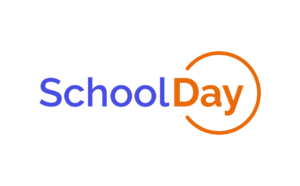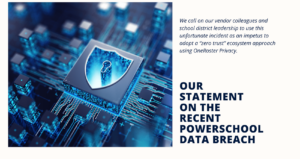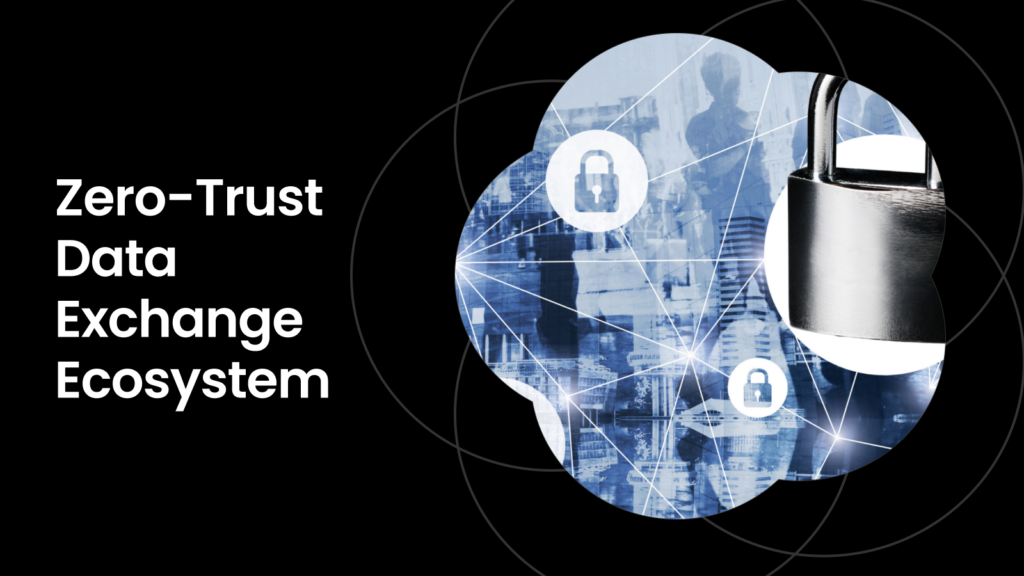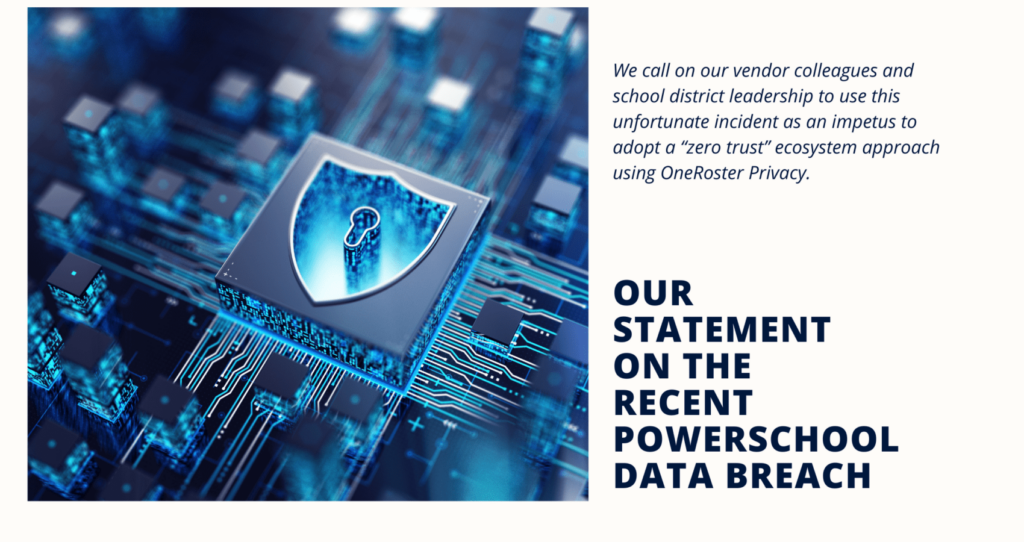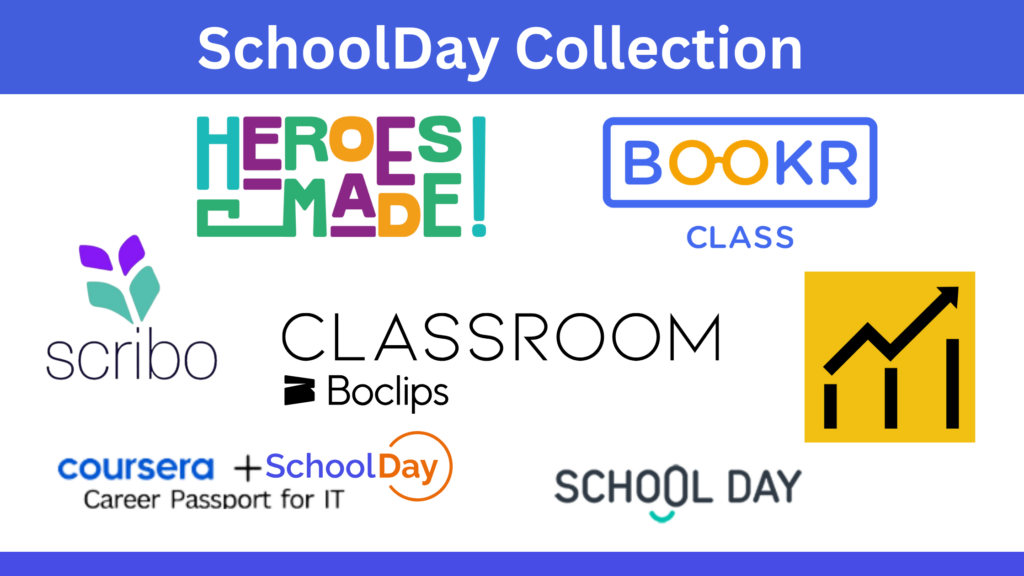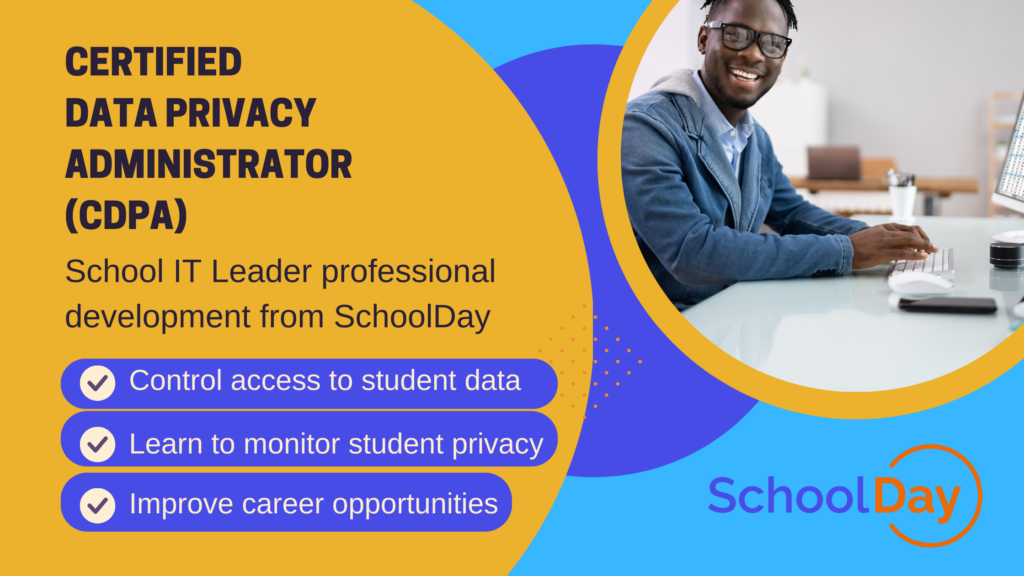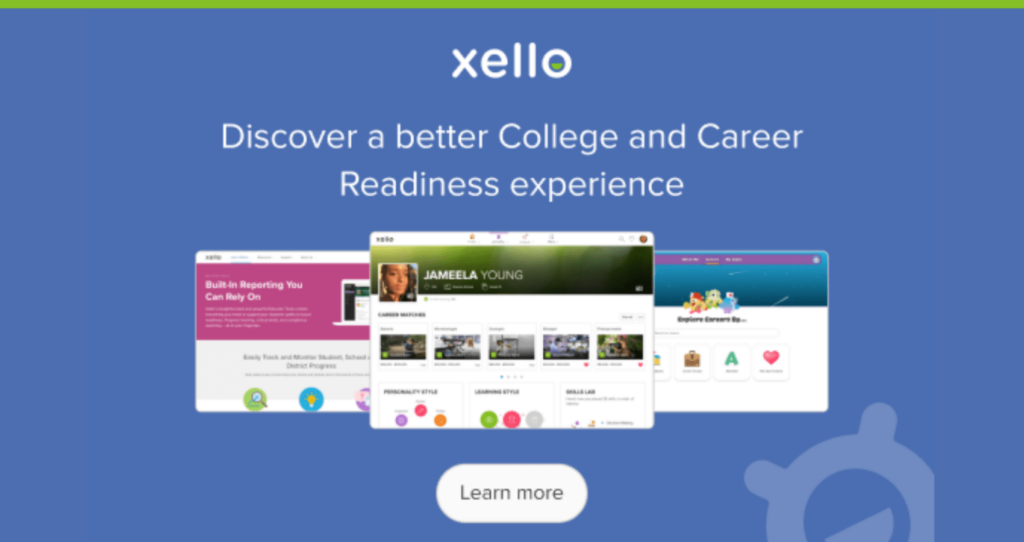For school leaders, data is a double-edged sword. The more data school leaders have access to, the better decisions they can make about the strategic direction of their district. But data is also the one thing they’re charged with protecting above all else. So how do school leaders leverage this powerful tool for planning while ensuring data privacy?
Using Data to Drive Improvement
Across districts, data-driven initiatives have demonstrated their ability to have a significant impact on student success and engagement. Schools have used predictive analytics to identify at-risk students to successfully reduce dropout rates, while others have leveraged performance data to design professional development tailored to educators’ needs. Using data to drive improvement is essential.
“Data informs us how best to respond to student needs and work toward the greatest student outcomes. Really analyzing data helps our district and school leaders support our teachers so they can, in turn, support each student.” – Becky Mathison, Assistant Superintendent of Innovation, Teaching and Learning at Winnetka Public Schools, Illinois, interview with EdSurge
Governing Data Effectively
SchoolDay supports schools by providing a clear view of where their data resides and who has access to it through privacy monitoring. This tool helps ensure compliance with data privacy regulations while safeguarding sensitive information.
Similarly, SchoolDay facilitates secure, seamless data sharing between schools and edtech vendors without exposing personally identifiable information (PII). These solutions empower school leaders to focus on decision-making rather than managing complex data-sharing agreements, reducing the administrative burden and enhancing trust.
Types of Data School Leaders Use to Make Better Decisions
School leaders need access to diverse types of data to drive improvement. The data must provide a comprehensive picture of their school’s performance, challenges, and opportunities. These data types include:
Academic Performance Data
- Standardized test scores and proficiency levels.
- Grades and assignment performance for individual students and groups.
- Subject-level insights to identify strengths and areas requiring intervention.
Attendance and Enrollment Data
- Trends in student attendance and chronic absenteeism.
- Enrollment demographics, including grade levels, gender, and socioeconomic status.
- Mobility rates, showing how often students transfer in and out of schools.
Behavioral Data
- Patterns in disciplinary incidents and interventions.
- Bullying reports and peer conflict resolution statistics.
- Insights from social-emotional learning (SEL) assessments.
Teacher and Staff Data
- Evaluation and professional development participation rates.
- Teacher turnover and retention rates.
- Classroom observations and instructional quality metrics.
Resource Utilization Data
- Budget allocations and spending patterns.
- Technology usage metrics, such as LMS engagement or device tracking.
- Facility maintenance and energy use data.
Stakeholder Feedback Data
- Surveys and focus group data from students, parents, and teachers.
- Community engagement metrics from events, programs, and partnerships.
Privacy and Data Access Insights
- Information on where school data is stored and how it’s accessed, provided by platforms like SchoolDay’s privacy monitoring
- Compliance data with privacy laws like FERPA and GDPR.
Interoperability and Integration Metrics
- Secure data sharing enabled by solutions like SchoolDay to monitor how effectively data flows between edtech platforms and systems.
By collecting and analyzing these types of data, school leaders can pinpoint challenges, measure progress, and develop strategies that directly address the needs of their students, teachers, and communities. Additionally, ensuring data is well-governed, secure, and actionable allows leaders to make informed, ethical, and impactful decisions.
School leaders can implement meaningful and sustainable improvements in education by embedding secure and actionable data into their decision-making processes, all while adopting a zero-trust approach.
SchoolDay safeguards student privacy and educational data by providing a secure ecosystem orchestration platform for schools and classrooms. Serving over 36,000 schools, 3,000+ districts and colleges, and hundreds of EdTech vendors, SchoolDay champions open standards and secure data exchange, solidifying its role as a trusted leader in educational technology. Visit www.schoolday.com for more information.

